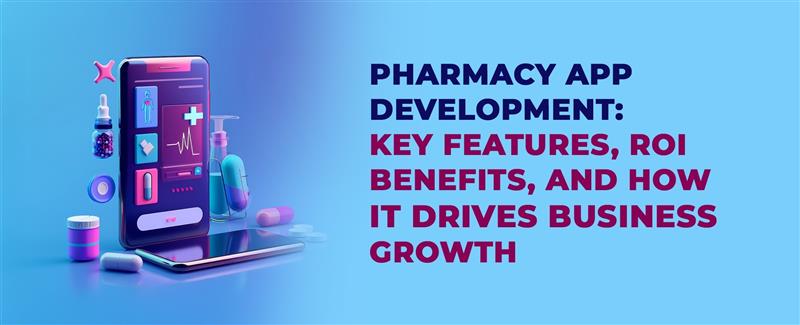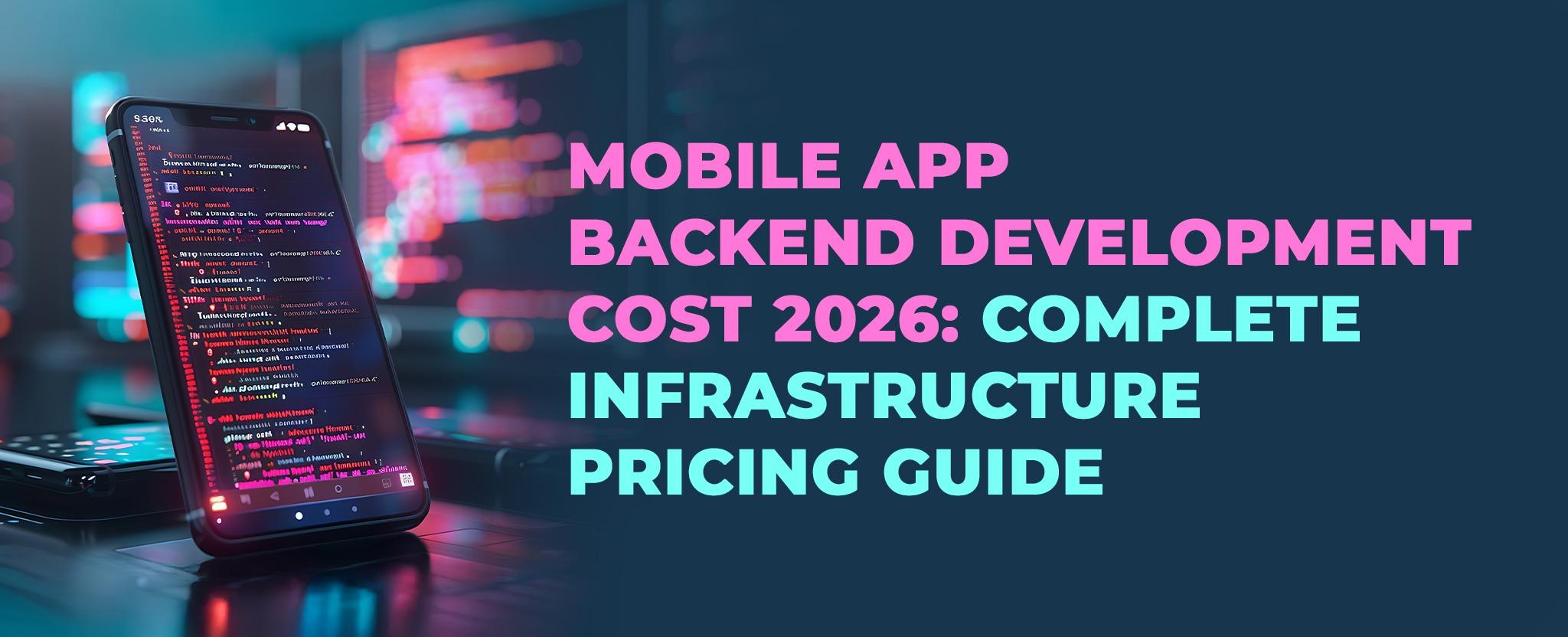White Label Taxi App v/s Custom-Built App. Which Should you Choose?
17 May 19 


Many taxi service providers are looking to promote their businesses through mobile apps even as Uber is conquering new countries and regions. High demand within the regional markets is motivating owners of the taxi business worldwide to look for companies that promise quick development to market and as a result of most of the times, they end up with software development agencies that sell, out the box solutions for so-called white label apps.
What is the difference between an app that is built from the scratch just for your company alone and a white label software product? Do you and your user get the same level of service if you purchase a white label app?
According to the modern meaning, a white label solution means a product that is developed by a company, rebranded and then sold to another company. In today’s digital world white label is referred to as a software application that is customized as per the rebranding of the reseller. For example, an e-commerce app development company like Mindster develop a white label eCommerce app and sells it to local business owners and use it as theirs.
There are two ways of building a white label product:
- By reusing the backend, codebase of the product but changing the front end of the app, which results in a different appearance that matches the reseller’s branding.
- In case of building a multi-tenant application, the app instance will be the same but each tenant can have an app that has slightly different set of features. This model is commonly used for software as a service, though it’s more complex to build and maintain.
The most common feature of white label taxi app
The white label taxi app always comes in packages that include an app for passengers, app for drivers and a dispatch app. Some common features always included in a white label app are listed below:
- Map integration for passenger and driver apps
- Dispatch panel with VOIP (Voice Over Internet Protocol) integration
- Support for credit cards payments
- Automated payouts for drivers
- Data archive
- Cloud hosting
- Ability to customize the front end
- Ability to scale the app by adding more cars to the fleet
- Analytics and reporting
What is the most common business model for white label taxi apps?
The most cases, the developers of the SaaS product rent them out using a subscription model. This usually consists of a setup fee and a monthly payment in total. The latter dependent on the number of drivers that are registered with the app.
Also Read
How driver app features benefit drivers in the taxi business
Does Mindster develop and design white label taxi apps?
As a software development company, Mindster sometimes receives questions from our clients that if we work with the white label models. Mindster also provides our clients with 100% unique, built from scratch apps. A lot of people wanted to know why we don’t adopt sass business model. So we decided to have a discussion on the various significant advantages and disadvantages of the white label model to explain our position.
Let us begin with what makes a white label so attractive. From the business perspective, the white label has 3 major advantage over the custom-built ones, which are: shorter time to market, combatively low cost and no maintenance required once it’s released.
Shorter time to market
Suppose you are a regional taxi business owner with a fleet of cars. The competition is harsh and nobody is using the mobile apps. Now you can decide how seriously an on-demand taxi business solution can benefit your drivers. Contacting a mobile app development company and working with them-planning and designing the user interface through branding, development, and testing, this means that you have to wait for at least a couple of months before launching your app. This, in fact, means losing your competitive advantage on the market.
Lowering initial investment and plenty of customizations
Developing a product from scratch is never a cheap task. You will have to hire a business analyst who can help you figure out a set of core features for your app and find a designer who understands your product positioning. Moreover, this requires working with investors. For most of the companies, signing up for a white label solution is seen as a way to get to market quickly and without much investment. They are also easily customizable to get your own design and branding.
Post release maintenance
Companies that provide white label apps are ready to take care of the maintenance and support once the product is released. All the maintenance like picking a server, updating code, making sure everything runs smoothly etc. which are burdensome tasks will be taken care by the professionals.
The disadvantages of white label taxi apps
No control over code quality
When you purchase a white label app, you are just getting a piece of software without knowing what has happened behind the scenes. The agreement you sign to get the white label app does not give you permission to access the backend therefore, we have no idea on the code quality. You have to just trust what the white label provider tell you about the quality and rely on the maintenance and testing they provide without knowing how thorough it is.
Limited customization
White label apps include a set of features that are somewhat customized in terms of labelling and coloring schemes. The SaaS product have a basic set of features that are optimal for an average app of their type. Therefore white label apps can’t serve your requirements if you have a complex business logic. You have to understand fully if your white label app is going to satisfy your business needs fully or should look for a company that can develop your app from scratch to meet your specific needs.
Vendor locked solution
When you are using a SaaS product, you are renting out an app for a preset fee- just like a subscription. These services are often cloud based, which means that you have to transfer the user’s data to the cloud and essentially give up control of it. You need to find if the white label provider lets you export data and make sure your agreement protects you from a situation where you can’t access the app since the server is down.
Potential issues with scalability and lack of updates
Scalability of your app is something that needs to be thought at the very beginning of planning and development.In case of building an app from the scratch, you are guaranteed of smooth run if there are thousands of drivers and millions of riders, but in case of white label solution you have to trust the providers and you can never know the truth for sure.
Potential rejection while submitted to app store
In some cases, the white label providers may end up with their apps being removed from the app store if they are not found to be trustworthy or contains the same functionality, which are already developed for a different app.
White label app may appear like an all-inclusive solution that can spare you cash and still give you an app that can secure your place even in profoundly competitive regional markets, however it additionally involves genuine risks in terms of scalability and reliability of the product you are getting. In case you are looking to build a taxi application that is solid and easily recognized, it will be better to get a quote on developing an app from scratch.
- Agentic AI1
- Android Development3
- Artificial Intelligence38
- Autopay1
- Classified App3
- Custom App Development5
- Digital Transformation12
- Doctor Appointment Booking App14
- Dropshipping1
- Ecommerce Apps40
- Education Apps2
- Fintech-Apps38
- Fitness App4
- Flutter4
- Flutter Apps20
- Food Delivery App5
- Grocery App Development1
- Grocery Apps3
- Health Care10
- IoT2
- Loyalty Programs11
- Matrimony Apps1
- Microsoft1
- Mobile App Maintenance2
- Mobile Apps134
- On Demand Marketplace1
- Product Engineering6
- Progressive Web Apps1
- React Native Apps2
- Saas Application2
- Shopify9
- Software Development3
- Taxi Booking Apps7
- Truck Booking App5
- UI UX Design8
- Uncategorized7
- Web App Development1



















Comments